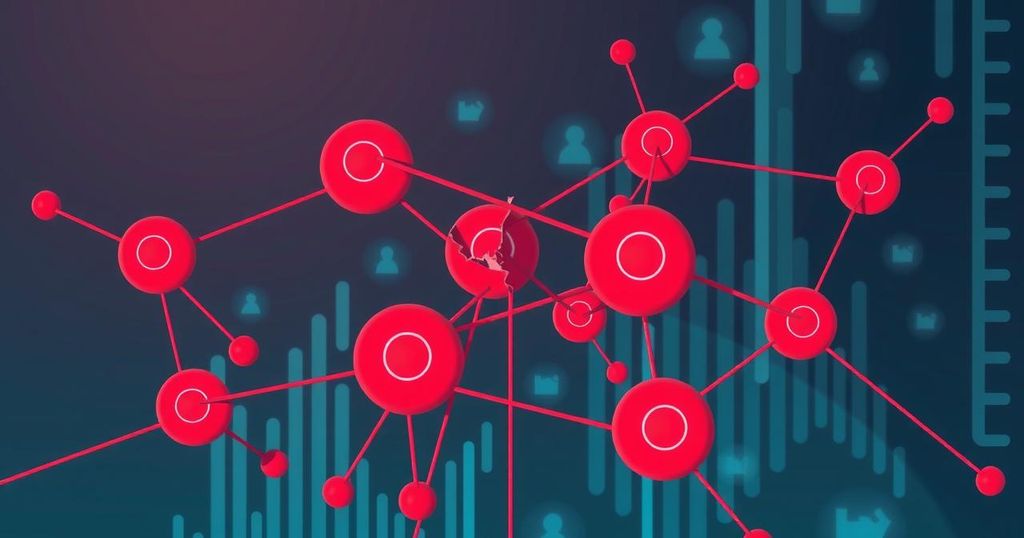CITAD Warns: Rising Data Costs Exacerbate Nigeria’s Connectivity Challenges
CITAD raises concerns about rising internet data costs in Nigeria, warning that this will exacerbate the digital divide, particularly affecting underserved communities. The recent 50% tariff increase by the NCC impacts access to online education and services. CITAD calls for policy interventions, support for community networks, and the need for capacity-building initiatives to empower local communities and bridge the connectivity gap.
The Centre for Information Technology and Development (CITAD) has expressed alarm over the escalating costs of internet data in Nigeria, indicating that this trend will significantly exacerbate the nation’s digital divide. The organization contends that increased data prices will deprive many underserved communities of crucial online services, particularly affecting access to education and information.
Haruna Adamu Hadeija, Coordinator of Community Network at CITAD, made these statements during a press briefing at the CITAD office in Kano on Monday. He noted that the recent 50% increase in tariffs for data, calls, and SMS, sanctioned by the Nigerian Communications Commission (NCC), has rendered it more difficult for already disadvantaged communities to obtain internet access.
Hadeija articulated the dire consequences of rising data costs, stating, “Now that data charges have been jerked up by 50%, students and parents in underserved areas have to ‘dearly’ pay to enable their children to learn online.” He further remarked that this increase not only exacerbates the connectivity gap but also hampers digital progress for millions of Nigerians.
Despite some improvements in internet accessibility, approximately 27.91 million individuals in 97 underserved communities remain without internet access, as reported by the Universal Service Provision Fund (USPF) in 2022. Hadeija emphasized how this lack of connectivity disproportionately impacts students, youth, and women, particularly in rural regions.
He illustrated the challenges faced by families in areas devoid of internet connectivity, where parents must send their children long distances to register for computer-based tests and access results. According to Hadeija, it is unjust for communities to lag behind due to their inability to afford internet services.
To remedy this widening digital divide, Hadeija urged for immediate policy interventions, including recognition of community networks as viable connectivity providers by the Minister for Digital Economy. He advocated for the USPF to extend grants to local communities to implement their own connectivity solutions, asserting that community networks are complementary to existing Mobile Network Operators (MNOs).
CITAD also suggested implementing capacity-building programs designed to empower local communities in mobilizing resources and establishing sustainable, self-sufficient networks to improve their connectivity.
In conclusion, the rising costs of internet data in Nigeria pose a significant threat to the digital accessibility of underserved communities, exacerbating the connectivity gap and hindering educational opportunities. CITAD emphasizes the urgent need for policy changes to recognize and support community networks as part of the solution. By providing grants and fostering local initiatives, the government can help empower communities to develop and sustain their own connectivity infrastructure, ensuring equitable access to essential online services for all Nigerians.
Original Source: dailypost.ng




Post Comment